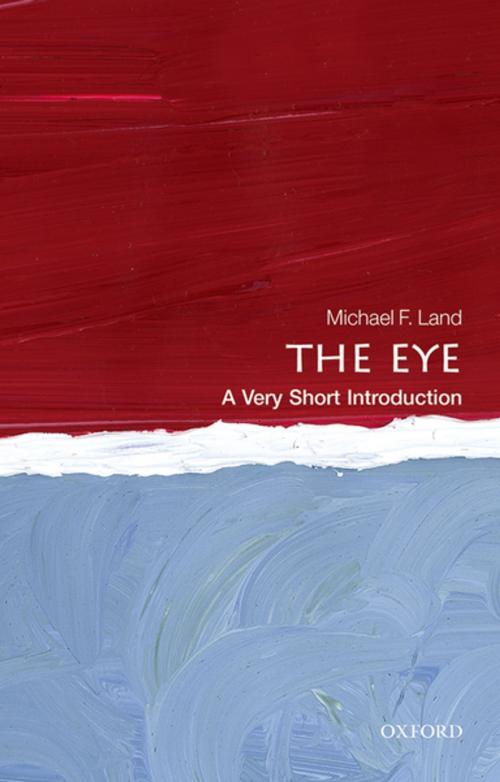The Eye: A Very Short Introduction
Nonfiction, Science & Nature, Science, Biological Sciences, Biology| Author: | Michael F. Land | ISBN: | 9780191669804 |
| Publisher: | OUP Oxford | Publication: | May 29, 2014 |
| Imprint: | OUP Oxford | Language: | English |
| Author: | Michael F. Land |
| ISBN: | 9780191669804 |
| Publisher: | OUP Oxford |
| Publication: | May 29, 2014 |
| Imprint: | OUP Oxford |
| Language: | English |
The eye is one of the most remarkable achievements of evolution, and has evolved up to 40 times in different parts of the animal kingdom. In humans, vision is the most important sense, and much of the brain is given over to the processing of visual information. In this Very Short Introduction, Michael Land describes the evolution of vision and the variety of eyes found in both humans and animals. He explores the evolution of colour vision in primates and the workings of the human eye, to consider how that contributes to our visual ability. He explains how we see in three dimensions and the basic principles of visual perception, including our impressive capacity for pattern recognition and the ability of vision to guide action. ABOUT THE SERIES: The Very Short Introductions series from Oxford University Press contains hundreds of titles in almost every subject area. These pocket-sized books are the perfect way to get ahead in a new subject quickly. Our expert authors combine facts, analysis, perspective, new ideas, and enthusiasm to make interesting and challenging topics highly readable.
The eye is one of the most remarkable achievements of evolution, and has evolved up to 40 times in different parts of the animal kingdom. In humans, vision is the most important sense, and much of the brain is given over to the processing of visual information. In this Very Short Introduction, Michael Land describes the evolution of vision and the variety of eyes found in both humans and animals. He explores the evolution of colour vision in primates and the workings of the human eye, to consider how that contributes to our visual ability. He explains how we see in three dimensions and the basic principles of visual perception, including our impressive capacity for pattern recognition and the ability of vision to guide action. ABOUT THE SERIES: The Very Short Introductions series from Oxford University Press contains hundreds of titles in almost every subject area. These pocket-sized books are the perfect way to get ahead in a new subject quickly. Our expert authors combine facts, analysis, perspective, new ideas, and enthusiasm to make interesting and challenging topics highly readable.















